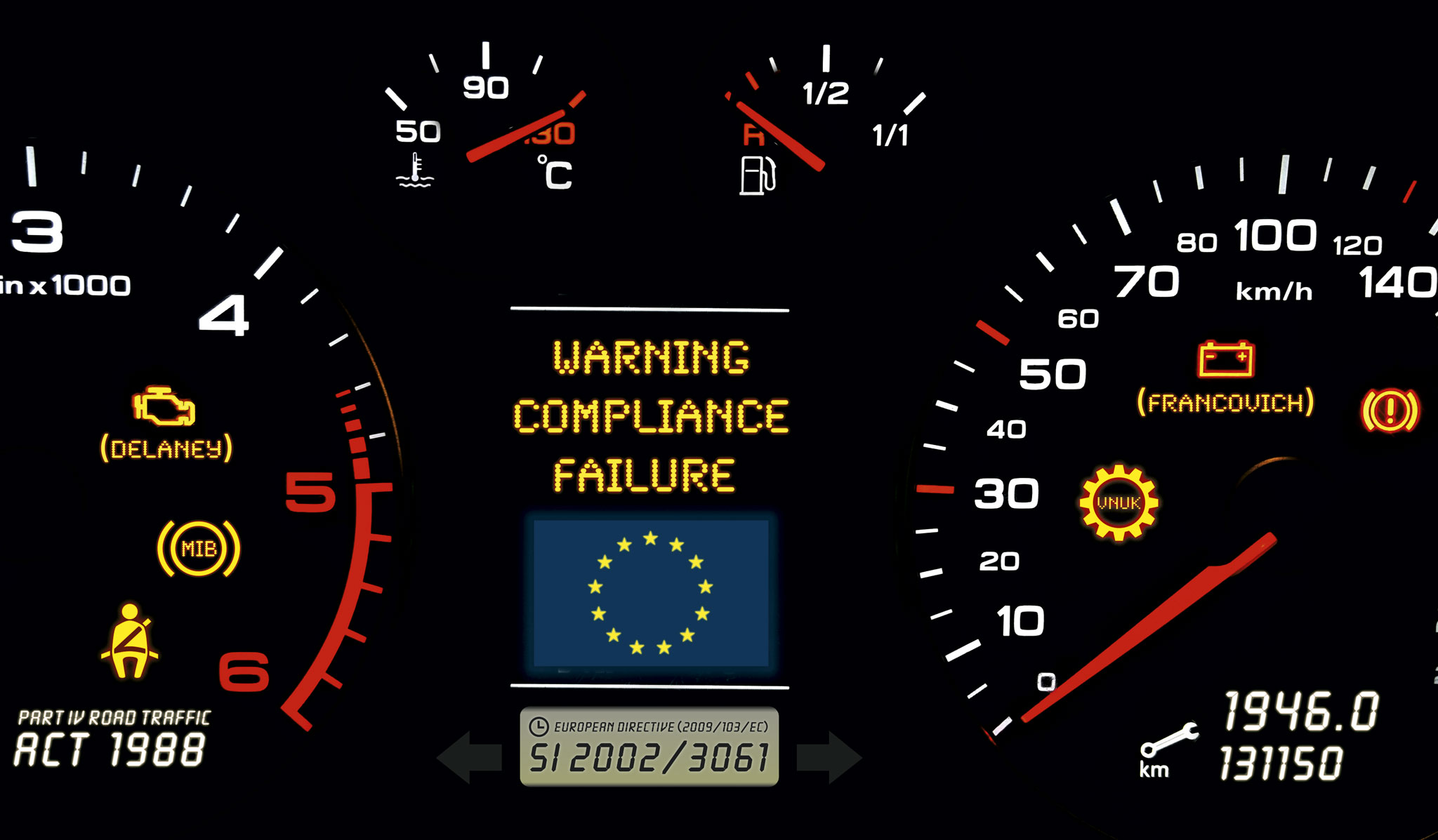
How can redress be sought for institutionalised illegality by the Department for Transport, asks Nicholas Bevan
Motor accident victims depend on statutory compensatory guarantees that ensure that they will receive their full entitlement. This is achieved primarily through the imposition of compulsory third party motor cover and this responds to the vast majority of claims. The concept was first introduced in the UK in 1930. It was a pragmatic and common-sense innovation devised to protect injured victims from the vagaries of a wrongdoer’s ability to satisfy the damages.
Part VI of the Road Traffic Act 1988 (RTA 1988) currently defines the scope of the duty to insure and the third party cover this requires. There are also two separate but closely interrelated compensatory schemes devised by the Department for Transport. These are supposed to extend the same compensatory protection to victims of uninsured and untraced drivers. The first of these schemes was introduced in 1946. Both schemes are managed by the Motor Insurers’ Bureau (MIB), whose role is defined by a series of private









